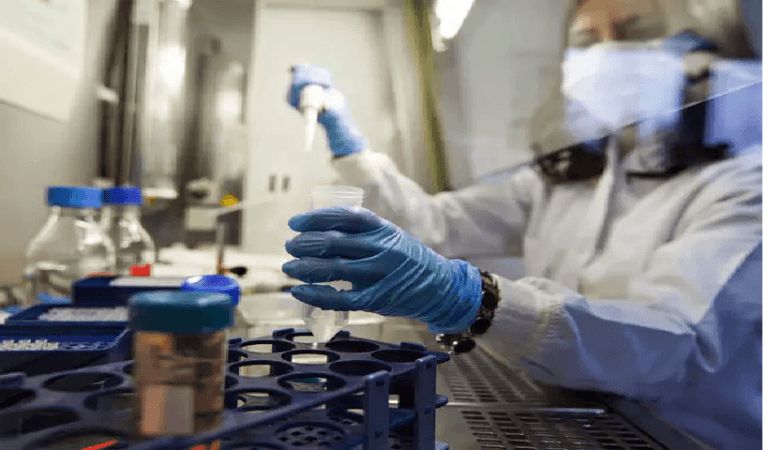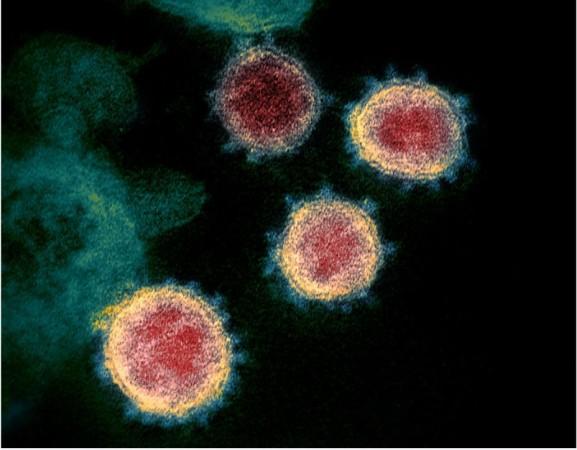
Just a little tweet by The Tata Group earlier this week was like a little feeler for mankind. "We're all set to put up a tough fight to Covid-19." That's pretty much what the nations need at the moment. Further details mentioned that The Tata Group is all set to launch India's first Covid-19 test using the CRISPR technology. Since the Clustered Regularly Interspaced Short Palindromic Repeats (CRISPR) is not going to frankly convey anything, we break down the test and the technology behind it.
The test 'match'
Simply speaking, CRISPR/Cas 9 is one of the various tools of genetic editing, but it is said to be the most flexible and accurate when it comes to cutting and pasting DNA. The test developed by Tata, called Feluda, uses CRISPR technology for the detection of genomic sequence of SARS-CoV-2-virus. For those who must, Feluda is the acronym for FNCAS9 Editor Linked Uniform Detection Assay.
The test developed by the Tata Group in association with CSIR-IGIB (Institute of Genomics and Integrative Biology) has received regulatory approvals from DCGI for commercial launch as per an official statement by the Ministry of Science and Technology.
The benchmarks, the accuracy...
The test meets the ICMR guidelines of high-quality benchmarks, with 96% sensitivity and 98% specificity for detecting the novel coronavirus. Feluda is not just India's first Covid-19 test, rather it puts the country on the world's elite R&D club, by being the world's first diagnostic test to deploy a specifically adapted Cas9 protein to detect the virus. Medically speaking, test sensitivity is the ability of a test to accurately identify those with the disease. Whereas test specificity is the ability of a test to accurately identify those without the disease.

How does it benefit everyone?
A paper strip test, it is quite comparable to a pregnancy test kit, in the sense that strip will change colour. Easily conductible at a pathological lab, Feluda has a much quicker turnaround time; it will reportedly deliver results in 30 minutes. The Feluda mix is prepared using Cas9 protein, which can bind to the DNA of the SARS Cov virus. The paper strip is immersed in the Feluda mix, the strip then generates results in the form of two lines for positive and one for negative. The Feluda test costs about Rs 500 which is one half to one third the price of Covid-19 tests currently available in the market.

















